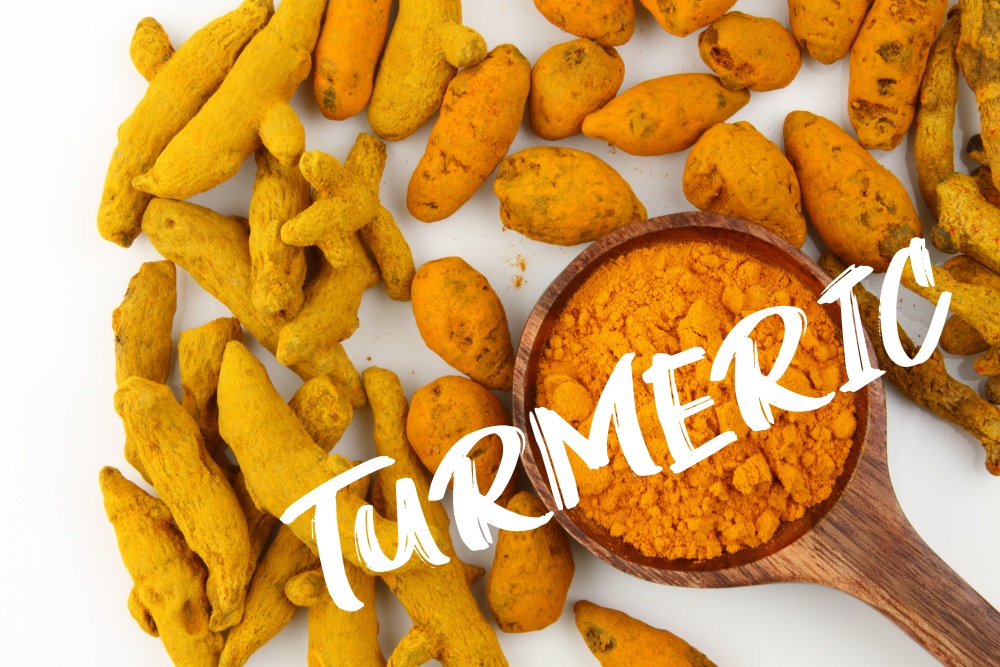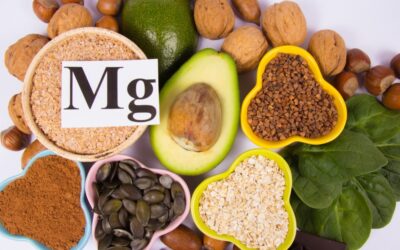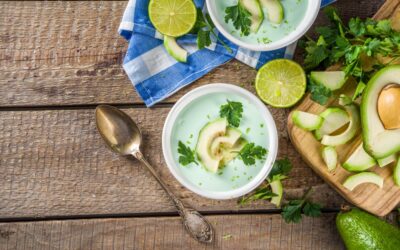There is a growing interest in people wanting to take control of their health and “longevity”. With this in mind, curiosity is growing surrounding the best “diet” for overall health and disease prevention. And of course, the jury is still out on whether or not there is a “perfect diet”. With that said, there is evidence that people who intake higher amounts of certain foods or spices, might have a small edge.
Turmeric, which starts out as curcumin, might have some health benefits. Therefore, in this article we will go through some of those potential health benefits and how to safely incorporate turmeric into your diet.
Types of Turmeric
Turmeric comes in many forms. Here’s a rundown of the most popular variants:
- Alleppey: 5% to 6.5% curcumin content
- Erode: 2.5% to 4.5% curcumin content
- Lakadong: 7% to 12% curcumin content
- Madras: Around 2% curcumin content
- Sangli: Up to 3.45% curcumin content
Health Benefits of Turmeric
The health benefits of turmeric or curcumin, the yellow pigment found in the spice, are a dime a dozen. Take a look at its top benefits:
Easing Depression
Low brain-derived neurotrophic factor (BDNF) is associated with depression.
If you have depression, taking curcumin could boost BDNF levels which has a small mount of evidence that this is linked to improved memory and learning. It may also increase the concentration of neurotransmitters like serotonin and dopamine, “happy hormones” that regulate mood, focus, and appetite.
According to a 2020 study, it inhibits the production of glutamate, in excitatory neurotransmitter, counteracting depression symptoms in a similar way as fluoxetine (Prozac) — an antidepressant.
Fighting Free Radicals
Curcumin can help prevent oxidative stress by eliminating different types of free radicals that cause cell damage and homeostatic disruption. It can also modulate the activity of glutathione peroxidase (GSH), and increase serum activities of other antioxidants, including superoxide dismutase (SOD) while battling oxidative stress.
Improving Memory
A 2018 research article showed the efficacy of a bioavailable form of curcumin on 40 subjects (ages 51–84). It showed improvements in learning, memory, and attention, likely brought on by a reduction in amyloid and tau accumulation in brain regions.
Improving Skin Health
Turmeric has anti-inflammatory, antibacterial, antifungal, and antimicrobial benefits. Hence, it may be beneficial for a variety of dermatologic diseases.
For example, a 2019 article showed its effectiveness in treating acne vulgaris. A gel infused with this spice has also been reported to improve the effects of photoaging. There’s also some evidence of oral curcumin being used for psoriasis, but further placebo-controlled studies are needed to support these findings.
Lowering the Risk of Heart Disease
Curcumin supplements can improve vascular endothelial function, which plays a significant role in regulating blood pressure and blood clotting.
Hence, it can be a promising nutraceutical in the prevention of cardiovascular diseases and reduce the risk of atherosclerosis development and progression. In fact, according to a 2012 study, it can even decrease the risk of heart attacks after coronary artery bypass grafting.
May Help Treat Rheumatoid Arthritis
Research in this area is limited, but a study conducted on humans reported curcumin could improve morning stiffness, walking time, and joint swelling.
Curcumin also has bone-protective mechanisms, making the plant beneficial in treating osteoporosis. This is backed by a pilot study that showed that the group who received curcumin had the highest percentage of improvement in overall Disease Activity Score (DAS) and American College of Rheumatology (ACR) scores.
Might Aid Cancer Prevention
Curcuminoids interfere with multiple cell signaling pathways, modulating cancer development and progression. A 2011 clinical trial reported a 40% reduction in aberrant crypt foci (ACF) in colorectal cancer that are believed to be precancerous lesions.
According to several studies, it can inhibit angiogenesis (growth of blood vessels that are associated with growth of cancer cells) and limit cancer cell metastasis, thereby reducing the risk of various malignant and benign cancers.
Preventing Eye Degeneration
Curcumin has neuroprotective properties so it can be an excellent therapy for the treatment of various eye diseases. This includes cataracts and glaucoma, eye conditions that damage the optic nerve and cause vision loss.
Treating Alzheimer’s
Turmeric can boost the levels of Brain-Derived Neurotrophic Factor (BDNF), a molecule that might have some association with the survival and growth of existing neurons.
As high levels of BDNF are associated with a lower risk of cognitive impairment, and curcumin can clear Abeta plaques — a neuropathological hallmark of Alzheimer’s, taking curcumin could lower the rate of cognitive decline in patients who have this disease. Of note, most of the evidence is in animal studies and report that further investigation is needed to confirm these findings
Treating or Preventing Diabetes
Curcumin can be used to prevent and treat diabetes, thanks to its positive effects on insulin resistance, hyperglycemia (high blood glucose), hyperlipidemia (high amounts of fatty substances in the blood), and islet apoptosis and necrosis.
However, most of these studies were conducted on animals, so its efficacy as a supplement should not be based on current research alone.
Uses of Turmeric: How To Consume This Ingredient
According to WHO, you need 1.4 mg of turmeric for every pound (0–3 mg per kg) of body weight, which should come to around one teaspoon a day.
There are many ways to incorporate it into your diet naturally, such as:
- Curry sauce
- Eggs
- Golden milk
- Grains
- Lentils
- Muffins
- Oatmeal
- Roasted veggies
- Scrambled eggs
- Smoothies
- Soups and stews
- Spice rubs or marinades
- Tea
Pro tip: Combine turmeric with black pepper. Black pepper contains “piperine,” which will improve the bioavailability of turmeric by 2,000%!
Turmeric as a Supplement
Curcumin has poor absorption, meaning not much of it reaches the body because compounds are broken down and eliminated quickly.
There is little evidence to support Turmeric supplements.
Conclusion
Turmeric can do wonders for your health, but it’s best to try and get your daily dose from food before turning to supplements.
Other Articles You Might Be Interested In:
A Guide to Magnesium: The Mineral That Can Do a 180 on Your Health
Magnesium is an essential nutrient required to maintain overall health. However, nearly half of Americans don’t meet daily magnesium intake recommendations. Magnesium deficiency is associated with several diseases. It is vital to ensure your food intake boosts the...
Managing Stress with Diabetes Made Easy: Tips That Tip the Scale in Your Favor
Over 537 million people around the world live with diabetes. The condition affects a whopping 10.5% of the adult population, and there’s no denying how difficult it can be to manage it. One day, you’re living life to the fullest—eating your favorite cake, regularly...
Exploring the Interplay Between Cancer Risk, Physical Activity, and Obesity: Unveiling the Pathways to Prevention
In an era where health consciousness is gaining paramount importance, the relationship between cancer risk, physical activity, and obesity has emerged as a significant area of investigation. As you and I - and many of our friends - are impacted by this scary disease,...
Step by Step Guide To Growing Broccoli Sprouts
Sprouting Goodness: A Step-by-Step Guide to Growing Broccoli Sprouts Broccoli sprouts are miniature nutritional powerhouses that pack a punch of health benefits. Bursting with vitamins, minerals, and antioxidants, these tiny green sprouts are known to have 10-100...
Hormetic Stress: The Good Stress For A Happy Healthy Life
It’s so easy to be tempted by the allure of comfort. In fact, technology and society have convinced us that this is of the upmost importance. You’re cold? Turn on your thermstat. Don’t like that noise? Drown it out with “white noise”. Feeling hungry? No problem. The...
Changing Food Behavior: Get out of Food Prison
Changing Food Behavior: Easily Give Up Junk Food Changing a food behavior, particularly one that activates the brain’s reward pathways—such as binging on ice cream or sugary drinks while watching a movie, requires an insane amount of willpower. It’s tough to change...
Sarcopenia: Impact on health and longevity
Implications Of Sarcopenia On Health And Longevity It is easy to assume that losing some strength is a “normal part of aging”. In fact, maybe you have even heard this from your healthcare providers. The truth is that getting “weaker” as we age is not “normal” and...
Grilled Mackerel Fish Taco Recipe
Grilled Mackerel Fish Tacos Grilled Mackerel Fish Tacos are a favorite recipe we have adapted from traditional Mexican cuisine. Instead of using tilapia or cod, we have added mackerel for its high concentration of healthy omega 3. It’s so good for brain health! In...
Avocado Cold Summer Soup Recipe
Avocado Cold Summer Soup Recipe Avocado Cold Summer Soup is refreshing when the temperatures begin to rise. This soup can be created with chicken stock or vegetable stock presenting a vegetarian option. Enjoy Avocado Cold Summer Soup as a starter for just about any...
Lemon Garlic Salmon Recipe
Lemon Garlic Salmon Lemon Garlic Salmon has a Mediterranean vibe! Here we’ve added a drizzle of olive oil, lemon, and oregano to create a light and lively dish. This recipe is created for two people based on suggested serving sizes of 3 to 4 ounces of salmon per...











